In June 2020, Beverley Smith’s husband, Stewart, died of cancer at their home in rural Nova Scotia. Because he died in the early months of the pandemic, the planned visitation and funeral could not take place, as the couple’s youngest son and granddaughters live in Ontario. Instead, Smith brought Stewart’s ashes home and placed his urn in their living room. She set out a guest book, and every person who came to the house throughout the summer was asked to “visit” Stewart and sign it.
Yet it became apparent to Geoffrey, her other son who lives nearby, that something was wrong. “Things were still in lockdown, and Geoffrey asked if it was bothering me that there had been nothing,” she says. “I just sobbed and said yes.”
So, later that month, the family had a small service in Geoffrey’s backyard with relatives and three close friends, as well as a minister who read scripture and did a blessing on the ashes in the urn. Only then was Smith able to move on, putting away the guest book and moving Stewart’s urn onto his bedroom dresser.
According to the website of the Canadian Grief Alliance, a coalition of national leaders in bereavement, the COVID-19 pandemic resulted in a complexity of grief never seen in our lifetimes: “Canadians have been robbed of goodbyes with dying friends and family or people they care about and forced to grieve in isolation without funeral rites.” When we suddenly couldn’t gather — for a funeral or for a celebration of life, in a church with a choir or in a backyard with coffee and doughnuts — it reminded us how important it is to do something meaningful after a loved one dies.
As the daughter of a funeral director, I was raised to appreciate the necessity of coming together to mourn and remember, to cry and tell stories. I recently completed a certificate program in thanatology — the study of dying, death and bereavement — and every text emphasized the importance of facing death and loss, and sharing the experience with others. Having to postpone a gathering, a burial, suspends us in a waiting period that can prolong our acute grieving and build a dreaded anticipation for whatever end-of-life ritual will be done.
“I think [the pandemic] definitely brought to mind an awareness of a need for ritual, a need for marking the death of somebody in a shared way, and that coming together for support,” says Marney Thompson, the director of bereavement services at Victoria Hospice in Victoria and one of the Canadian Grief Alliance’s founding members. Funerals or some kind of gathering after someone dies, she says, are an important transition “in terms of that bereaved person being seen and witnessed and held by their community as someone significantly impacted by the death of someone they were close to.”
Before the pandemic, funerals were on the decline, in part because of cost but also, I believe, because of our “death denying” culture. Yet death and grief are always with us, no matter how we try to ignore or avoid them. “As long as we’re alive, we will grieve the people we’ve lost,” Thompson says, and remembering a life is an essential part of grieving.
Throughout the pandemic, bereaved persons had a choice to make: postpone a service or burial for a few months, even a year, and wonder if anyone would still care, or settle for a small gathering at the time of death.
When Sarah Whaley of Orillia, Ont., lost her younger brother suddenly in June 2021, the province’s rules limited funerals to a graveside service with 10 people, including the minister. The lack of funeral and a reception was difficult on both her close-knit family and her brother’s many friends and colleagues. With three older siblings and their spouses and children, Whaley describes having to go in separate shifts to visitation with their parents as “awful.”
More on Broadview:
- Mourning my granddaughter’s death meant facing my anger
- Grieving at my own pace
- 3 misconceptions about grief
“We always knew we wanted to open up to a larger number of family and friends so we could gather together,” Whaley explains. “A lot of people were doing that at the time. If you look at obituaries during the pandemic, they say, ‘We’re going to gather at a later date.’”
For Whaley, the outdoor memorial gathering at her home at the end of August was more of a blessing than she expected. “If we had all gathered at the funeral, I wouldn’t have gone through his apartment yet. It gave me time to put all that sorting and packing aside then really focus on the gathering, refocus on the things [my brother] loved.”
She says the gathering drew the whole family back together again and was particularly helpful for her two children, aged 16 and 19, who were really mourning the loss of a beloved uncle.
A death brings people together: instinctively, intentionally and empathetically. Together, we mourn, we tell stories, we celebrate, we might even party. All of it helps mitigate the ongoing feelings of loss.
Perhaps one of the lessons of the pandemic is that we, as social beings in relationships, need the rituals that come with gathering and mourning together. I think it’s too soon to know if people will re-embrace end-of-life rituals as part of their experience of death and grieving, but as the pandemic proved, we grieve better together.
***
Sara Jewell is a licensed lay worship leader and the author of Alphabet of Faith: 26 Words About Faith, Ethics, and Spirituality. She lives in Nova Scotia.
This story first appeared in Broadview’s January/February 2023 issue.

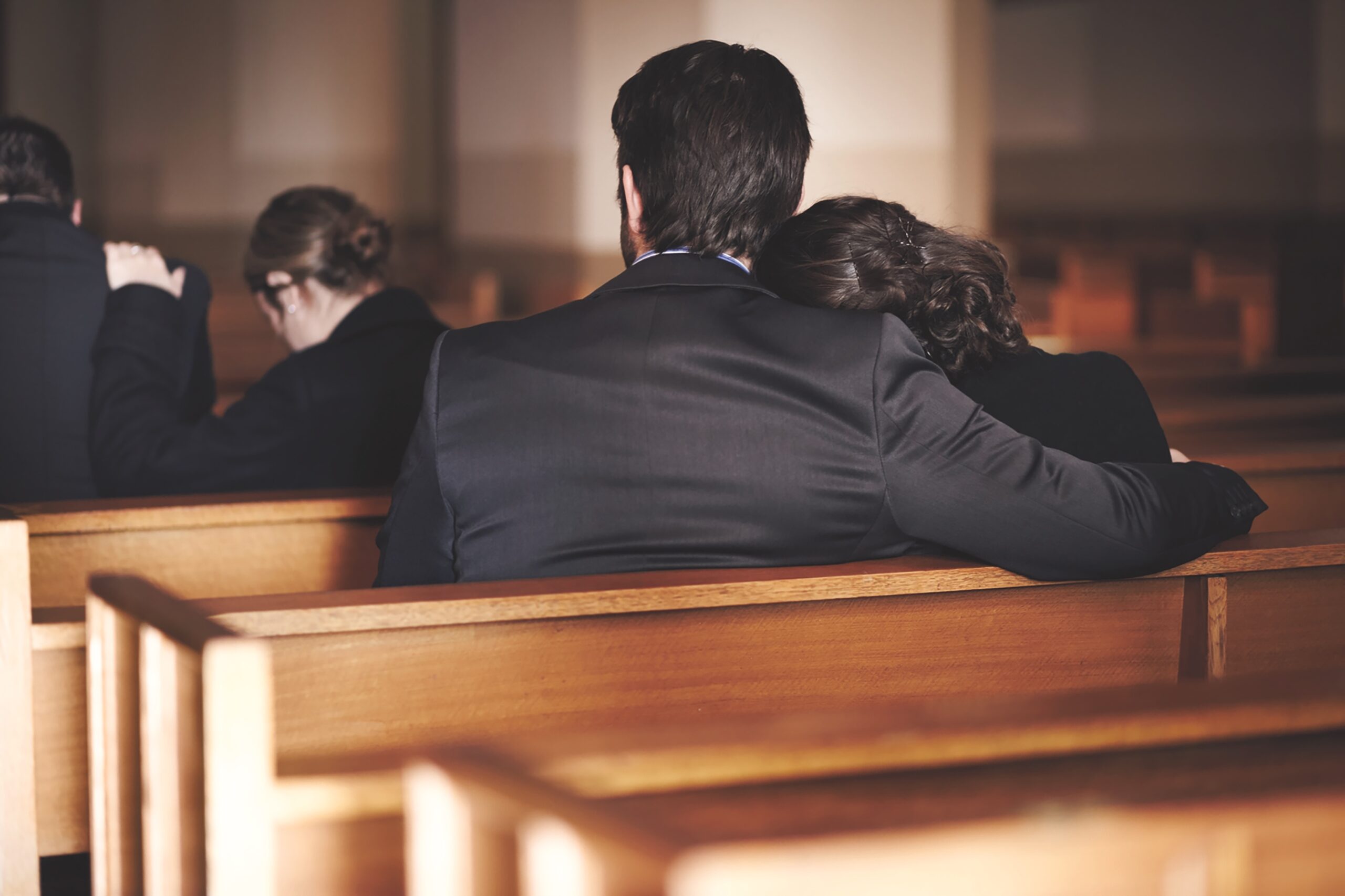








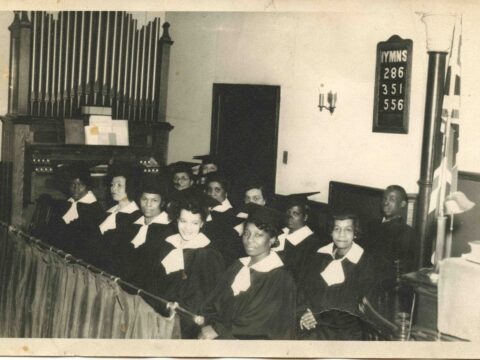
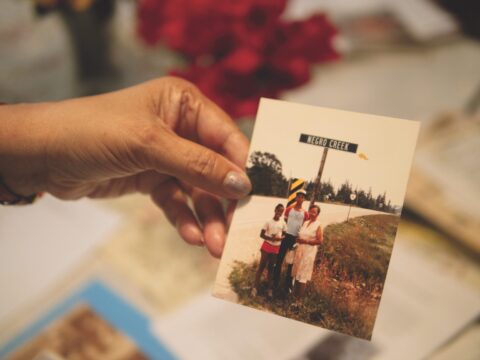
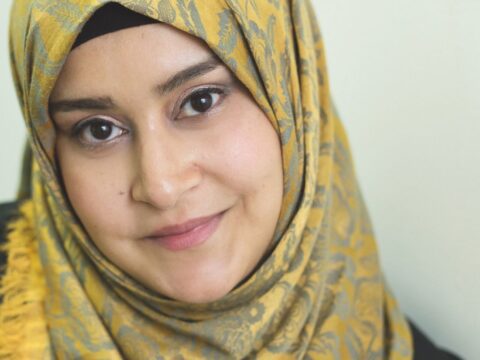

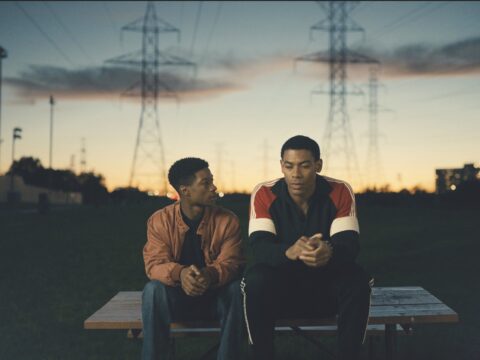

I Read with interest your article on death and funerals. I agree wholeheartedly with the article’s point of view but am troubled by the rising number of people who request no service of any kind on their death. It is so sad for those left as they have no opportunity to gather to remember and grieve together over the person who has died. I wonder why this trend is growing and what its ultimate impact will be.
Hi Brad
I feel the trend to not have funerals has much to do with the crippling cost. I’ve been with family members when they’ve been to see a funeral director. Cost is not mentioned and the grieving
family members somehow feel it’s wrong to ask the cost of various services. It’s not. Every little thing has a price. The cost of having my brother-in-law laid out in a reposing room for three days was the same price as renting an apartment for a month. Flowers cost money, the hearse costs money, opening the grave costs money and at the end of it all a person is left with a horrendous bill.
When my mom died she donated her remains to the local teaching hospital and after three years they cremated her body free of charge and gave us the ashes and my brothers and sister gathered at a pond she liked to go fishing in and that’s where we scattered her. It was fitting. As for my wife and me, we choose to be cremated and be scattered where we shared our first kiss not long after I became ordained. My wife kept her mom’s ashes on our bookshelf for six months until we laid her to rest next to her husband in Twillingate Newfoundland.
Yes, in all those circumstances we grieved and it was cathartic. The best part was that we weren’t left with staggering funeral costs. To be cremated here, up to now anyway, costs about $3000.00 which seems, to me, to be enough.
I agree to some extent Sheldon but I know my mother wanted no service or remembrance of any kind. My sister and I disobeyed her wishes as we thought it essential that her family and friends gather to remember and grieve her death together. We held two different gatherings that were wonderful. I note many in BC have similar wishes to her. As my wife insists it is not a gathering for her but for those left.
My Mother died at 103 of Covid in a retirement home and it wasn’t until many months later that we were able to have a small service. I hate the word closure, but having that service and being able to scatter her ashes brought me some degree of relief.
We need to honour the lives of those who have died and who we love. I think of so many war torn countries where bodies are never recovered or identified and I feel nothing but sorrow for those who are left to mourn.